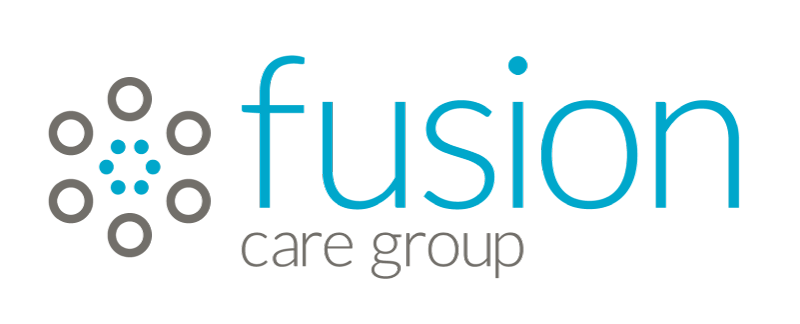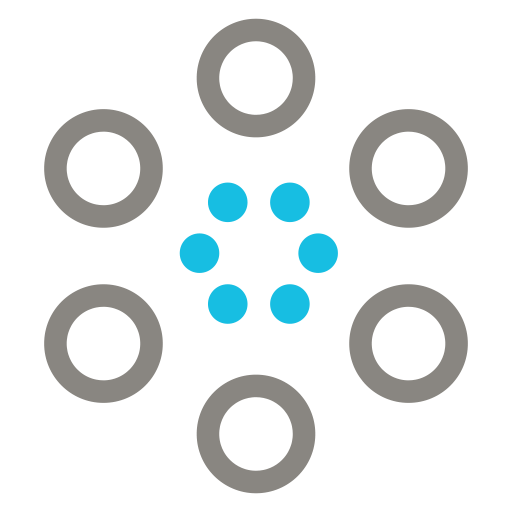What is ADHD?
ADHD is a genetic brain-based syndrome that impacts an individual’s attention, memory, motivation, social skills, and effort. ADHD stands for Attention Deficit Hyperactive Disorder and has three commonly known subtypes:
Treating ADHD
ADHD can be diagnosed with a clinical interview, an assessment of behavior and symptom-rating exercises, third-party observations, and a history assessment. Neuropsychological and psycho-educational testing may also be beneficial, although it is not necessary for a diagnosis. Neuropsychological testing may be recommended by a therapist, to learn the ins and outs of an individual’s unique brain profile, as this may be extremely beneficial in learning to manage symptoms.
There is currently no “cure” for ADHD, but with the proper treatment, symptoms, and behaviors can be successfully managed. In most cases, ADHD is best treated with a combination of medication or neurofeedback, as well as behavior therapy.
For a child with ADHD, Fusion Care Group focuses on teaching ways to control behavior using behavior management techniques. Fusion Care Group also supports and educates parents and family members to help them create an atmosphere that promotes the development of the child’s ability to control his or her behavior. Additionally, Fusion Care Group supports the learning of social and organizational skills, along with the development of positive life choices.
Fusion Care Group also works with adults who suffer from the symptoms of ADHD. This often means providing Cognitive Behavioral Therapy to help support the development of organizational skills, decrease impulsive behaviors, support healthy life skills, and/or minimize procrastination.
Neurofeedback has also been shown as an effective physiological treatment to help reduce the symptoms of ADHD without the use of medication. For more information, please contact our sister company www.sandiego-neurofeedback.com.


